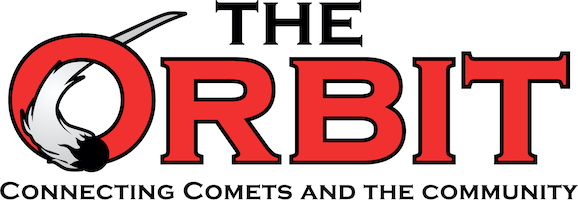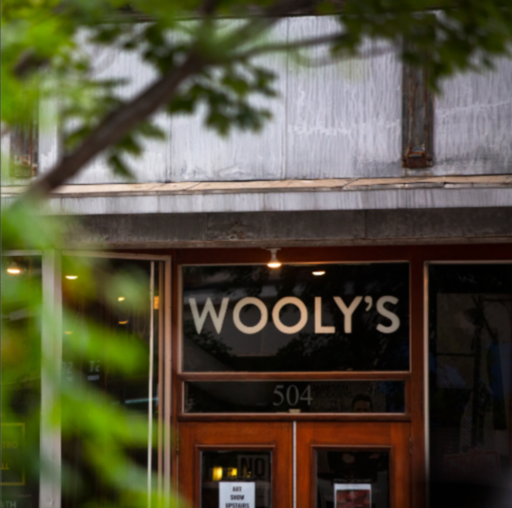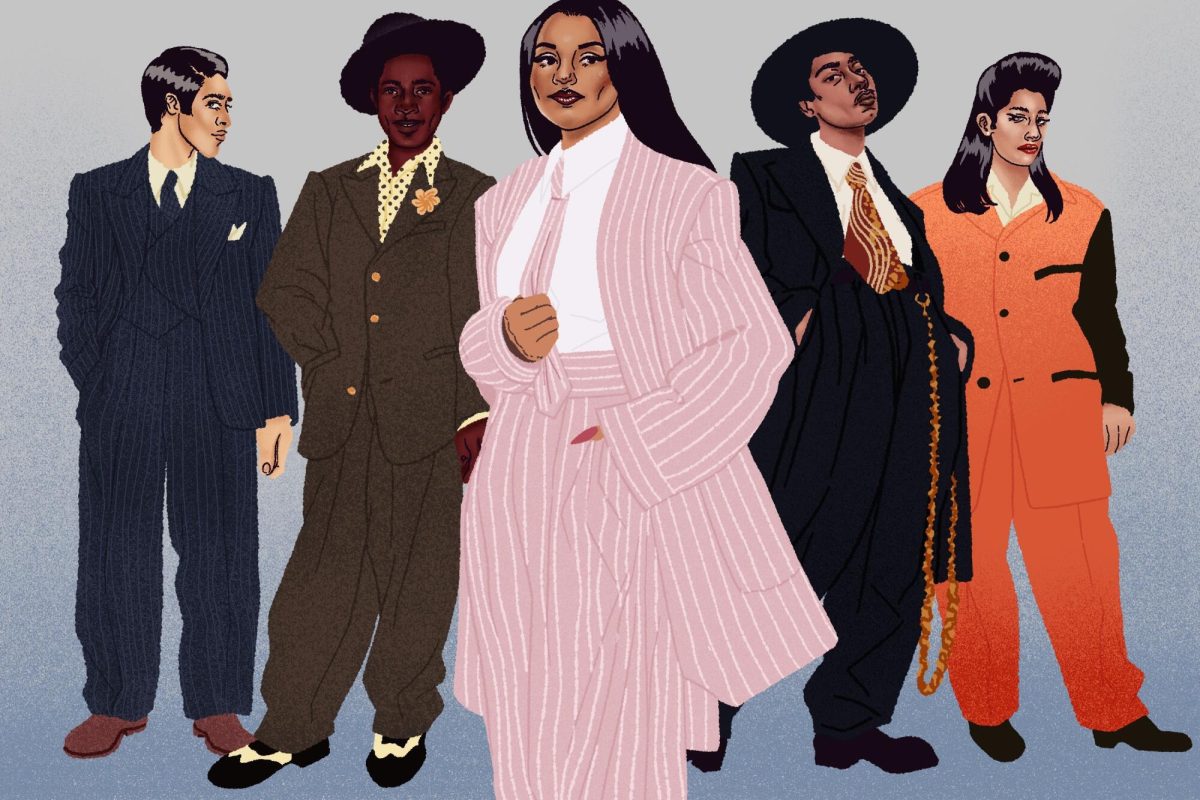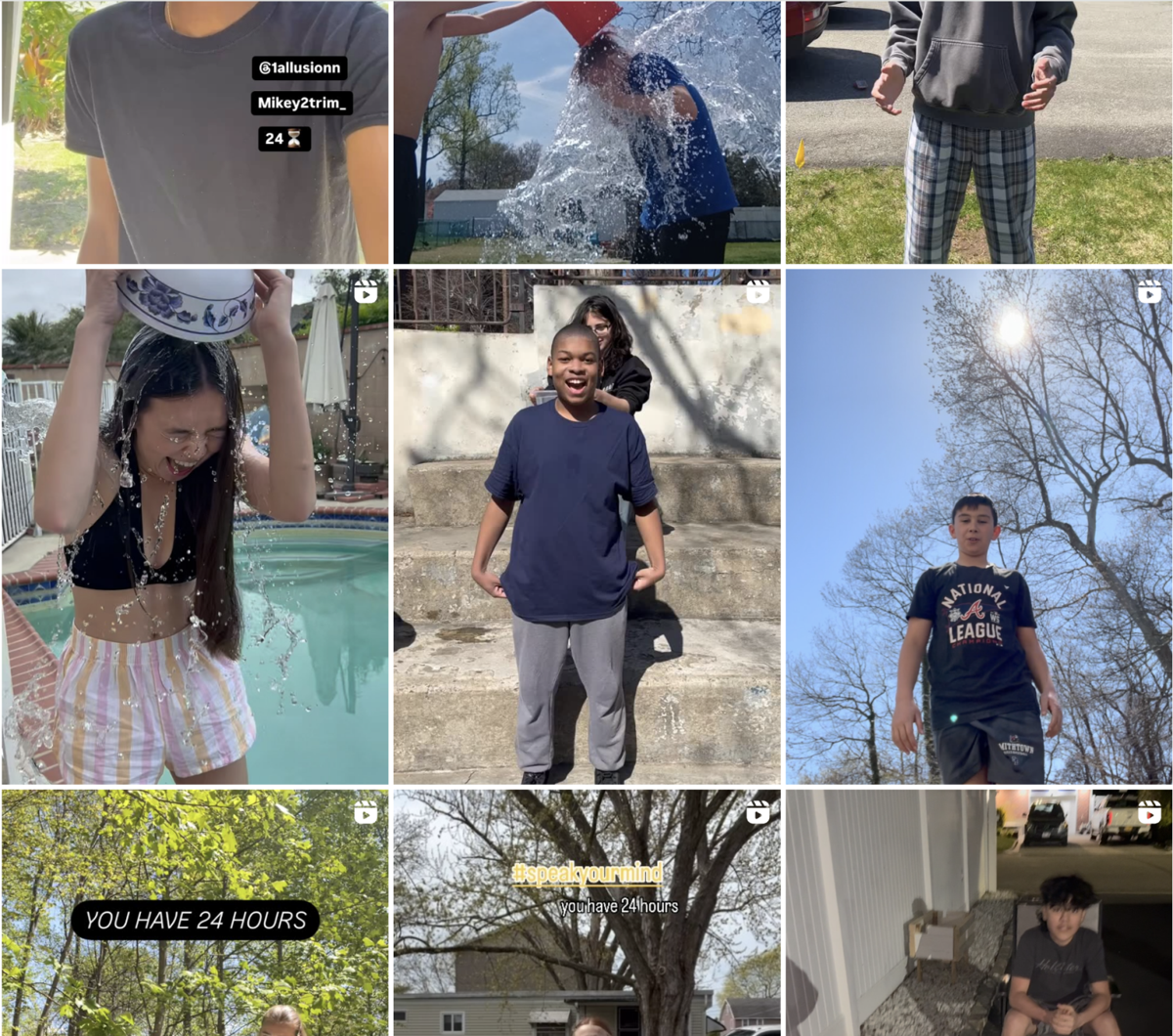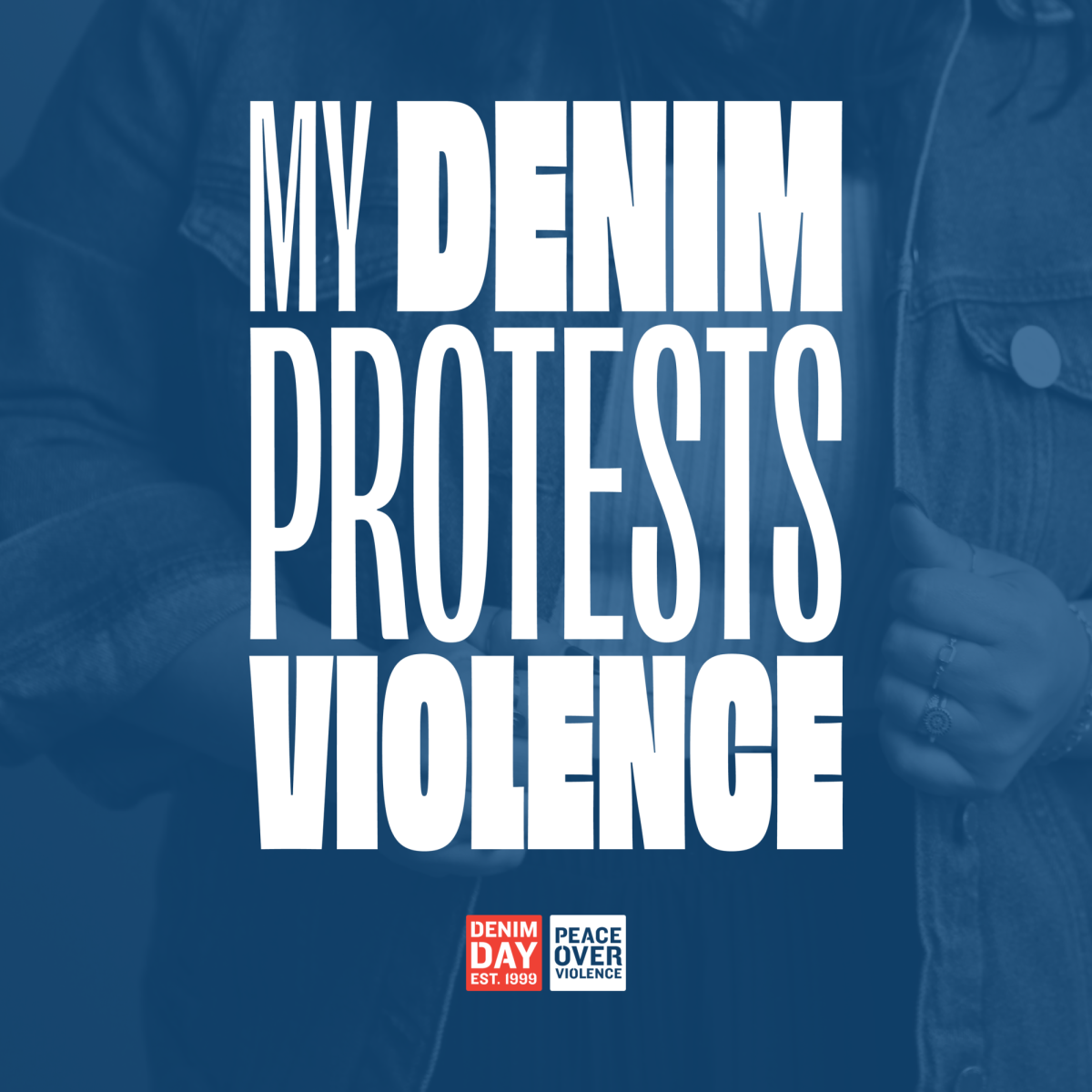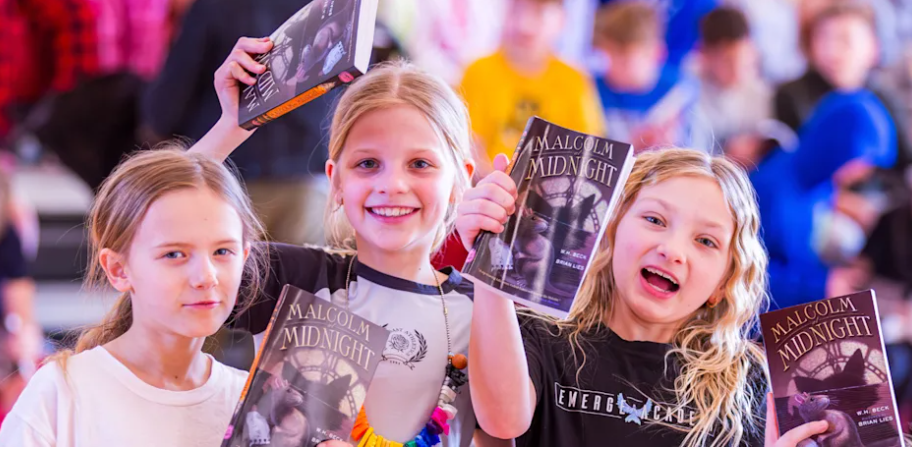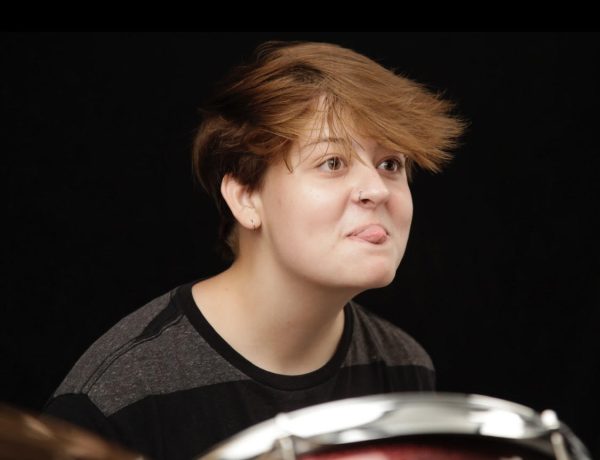All around Des Moines, there are music venues that often go unheard of. Places such as XbkLive, Lefty’s and Noce Jazz Club are looked over, and without support they can not run efficiently. Many of the local venues around Des Moines have had to cut expenses or shut down completely due to a lack of funding and ongoing noise issues, and they looked to their community for support.
Wooly’s, a music venue in the East Village area in Des Moines recently had a lawsuit because a neighbor complained about noise. According to the Des Moines Register, the neighbors who filed the lawsuit claimed, “[t]heir refusal to cooperate feels unneighborly and is regrettable.”
Even further, as the lawsuit progressed, Wooly’s stated that they were barely scraping by, and the loss of its liquor license would mean they would be forced to close. Fortunately, the lawsuit has since been dropped, but neither the venue nor the neighbors have come to a long-term solution.
Josh Ivey, owner of Wooly’s sought support from the Des Moines community and expressed, “[w]e ask for continued support while we seek to introduce and fortify rules that allow venues to operate in Des Moines.”
Without the support from the community, Wooly’s might not be able to operate. Furthermore, Drew Hemesath, a teacher at North Polk High School and avid music lover, stressed how easy it is to support small artists and venues. Hemesath explained, “[g]o to a show or buy their merch. It really is that simple.”
By simply supporting both the venues and the artists, Wooly’s and other venues will be able to function properly. Moreover, by fundraising and help from the city of Des Moines, venues and artists will be able to evolve the local music scene and help artists who might have gone unseen.
“While there are things the city can do to support venues, it’s ultimately up to the community. If you want your favorite artists and bands to play around Des Moines, you have to support the venues that will book them,” Hemesath explained.
Although the city has the ability to support venues, it lies on the community to continue to show up and show out for small artists.
“There’s something uniquely powerful about experiencing a great band or artist live, and it’s important for people to have access to those experiences,” Hemesath concluded.
